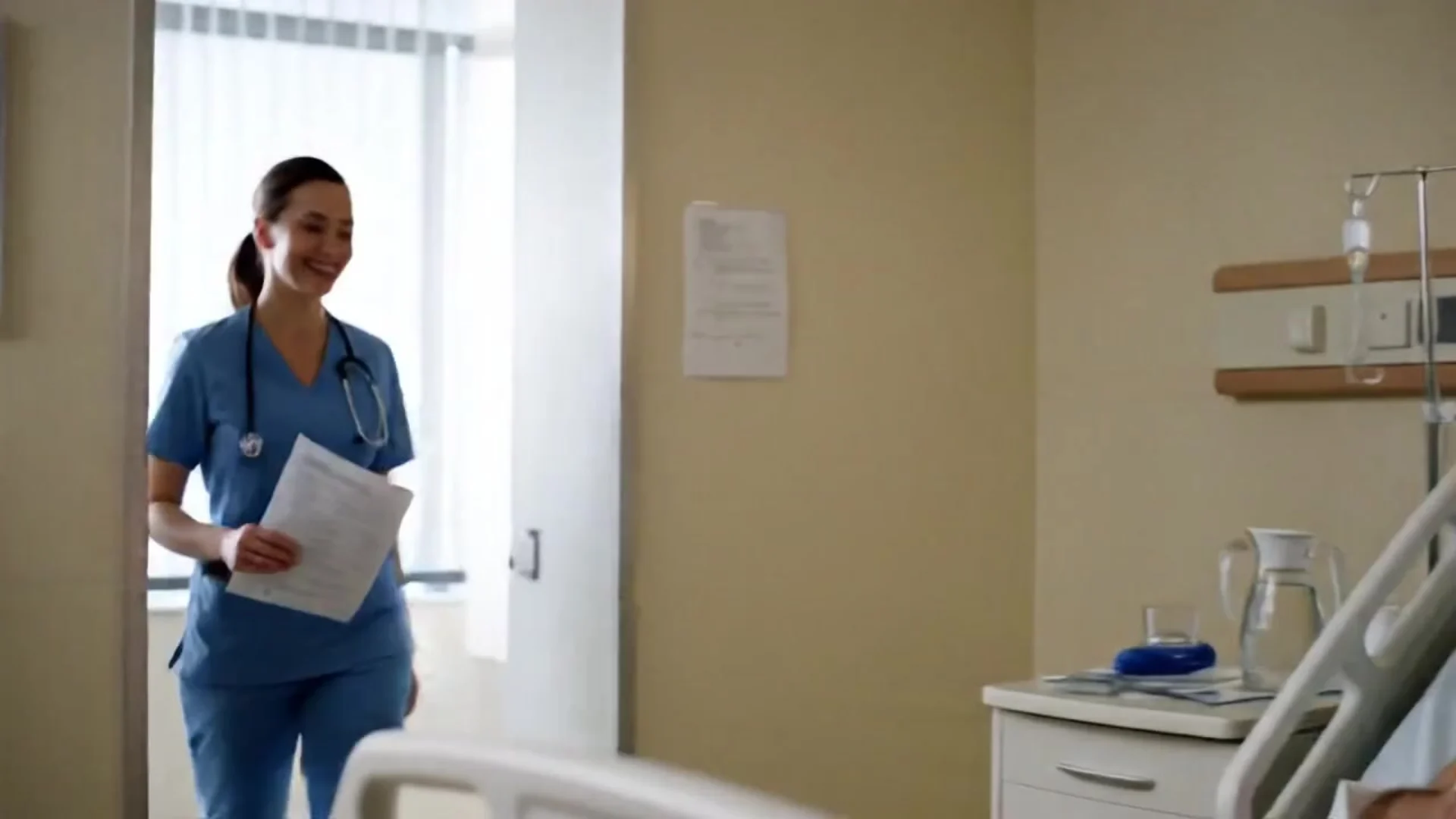
AI-Powered Remote Care That Works for Your Bottom Line
Smarter RPM/CCM and TCM-built for clinics, ACOs, and post-acute care teams.
DocToDoor automates patient monitoring and care coordination-so you can reduce readmissions, boost reimbursements, and do more with less.
Purpose-Built for Value-Based Care
You're under pressure to deliver better outcomes, faster care, and stronger compliance-all while protecting revenue.
Are your remote patient monitoring devices leading to low compliance or increased dropouts in your RPM/CCM programs?
Is your post-op care program fully leveraging remote patient monitoring technologies and RPM devices to maximize TCM reimbursement?
Are your long-term care facilities experiencing off-peak emergencies due to limitations in remote patient monitoring equipment or smart meter remote patient monitoring solutions?
DocToDoor gives you the AI advantage.
We turn remote care into real results.
Three Pillars of
Smart Care
Remote Patient Monitoring & Chronic Care
Transitional Care Management
Skilled Nursing & Long-Term Care
Who We Serve
For Clinics & ACOs
Track high-risk patients. Improve MIPS performance. Automate revenue-generating services.
For SNFs & LTC Facilities
Extend care beyond facility walls. Close care gaps. Improve post-discharge outcomes.